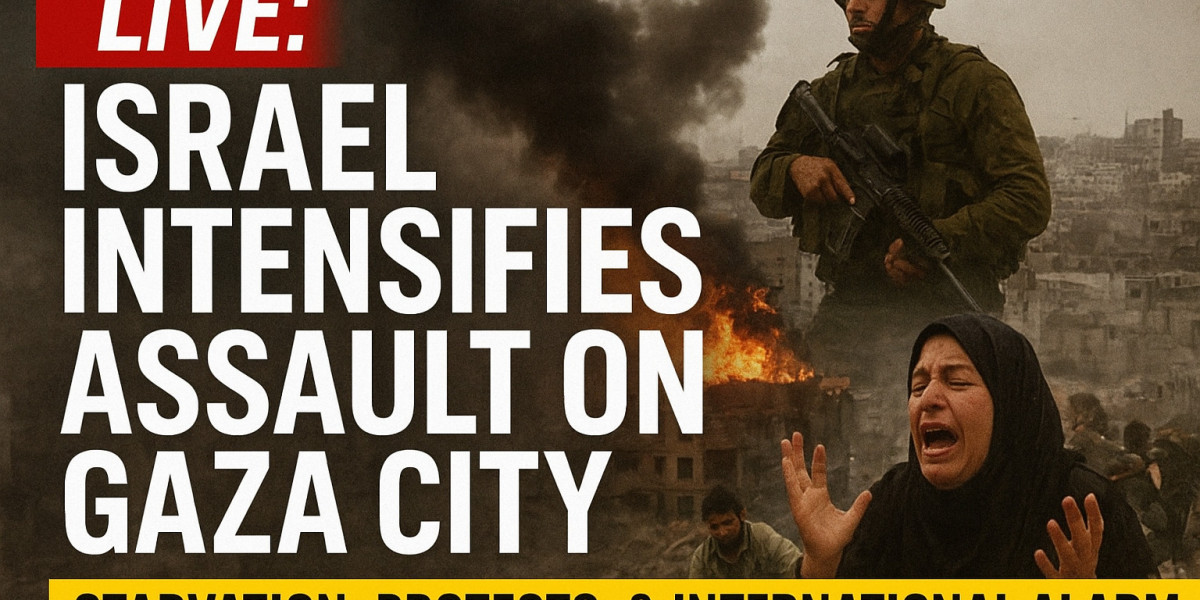This week, South Asia has witnessed one of the most serious military escalations between India and Pakistan in over two decades, thrusting the region into a state of panic and uncertainty. Millions on both sides of the border are watching nervously as the nuclear-armed neighbors exchange accusations, strikes, and rhetoric, igniting fears of a larger war.
The Spark: India Strikes First
On Wednesday, India launched targeted airstrikes inside Pakistani territory, claiming to hit "terrorist infrastructure" linked to Lashkar-e-Taiba and Jaish-e-Mohammed—two Islamist groups blamed for a deadly militant attack that killed 26 civilians in Indian-administered Kashmir on April 22. India stated that its response was "focused, measured, and non-escalatory," intentionally avoiding civilian targets.
One of the Indian strikes penetrated deep into Pakistan’s Punjab province—further than any Indian military action since the 1971 war—prompting outrage, particularly after reports that a mosque was among the structures hit.
Pakistan Responds – Or Claims To
By Thursday, Pakistan said it had shot down 25 Indian loitering munition drones and five fighter jets, in what it called a necessary retaliation. Islamabad also accused New Delhi of serious provocation, reporting four injured soldiers and one civilian killed. India has not confirmed the loss of any aircraft, and no independent sources have verified the Pakistani claims.
In a nationally televised address, Pakistan’s Prime Minister Shehbaz Sharif declared, “It only took a few hours for the enemy to fall on its knees,” while vowing to avenge the deaths caused by the strikes.
Mutual Victory Claims, But No Peace
Both nations have already declared some form of victory. Indian media hailed the airstrikes as “justice served,” while Pakistani leaders emphasized their swift defensive actions. Yet, military activity and shelling continue in border areas, and both governments remain on high alert.
Analysts warn that the situation remains incredibly volatile. A single miscalculation could spiral into a war neither country can afford.
Global Calls for De-escalation
The United Nations, Gulf states, and major world powers like the U.S. and China have urged restraint. Diplomatic backchannels have reportedly been activated, with India reaching out to the U.S., Russia, and Middle Eastern allies to pressure Pakistan into avoiding escalation.
Still, as military movements and public sentiment intensify, the off-ramp to peace remains narrow and uncertain.
The Stakes Are Sky-High
With both nations possessing nuclear weapons and a long history of conflict—especially over Kashmir—the consequences of a full-scale war would be catastrophic. India’s economy and military are significantly larger, but Pakistan’s regional alliances and internal pressures make it unpredictable.
Experts like Michael Kugelman and Tanvi Madan suggest both countries may ultimately avoid full-scale war, but caution that the current crisis is “as unpredictable as it is dangerous.”
What Comes Next?
Pakistan’s next move is crucial. If it claims symbolic victory through its alleged downing of jets and opts to de-escalate, the worst may be avoided. But any further retaliation—particularly on Indian soil—could lead to a broader war.
As the world watches closely, civilians near the border continue to bear the brunt—evacuating homes, enduring blackouts, and fearing what the next day may bring.














